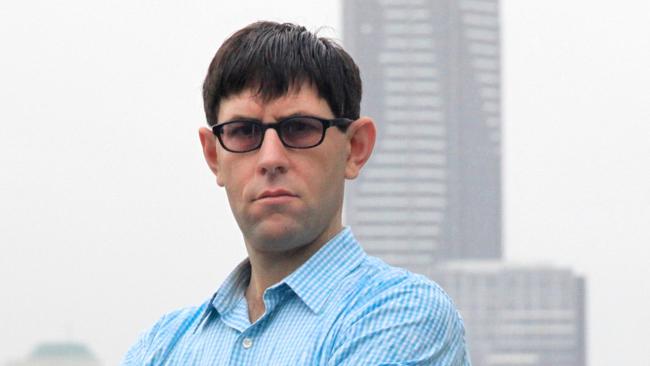‘Support vision for future of our cities’
Federal and state governments must support a national vision for cities, Future Earth Australia says.

Federal and state governments must support a national vision for cities, breakdown institutional silos and increase funding to combat transport congestion, inflated housing markets and the loneliness crisis.
A new report released by Future Earth Australia – a program run by the Australian Academy of Science – has outlined a 10-year plan to deliver “sustainable transformation” of Australian cities and regions.
The study, developed by leading urban research and policy experts from across the nation, will be launched at the State of Australian Cities conference in Perth on Wednesday calling for greater connection across key sectors to drive innovation in urban development.
Professor Jago Dodson, director of the centre for urban research at RMIT University and chair of the report’s expert reference group, said individuals, small businesses, community groups and local government “felt disconnected from each other across sectors and disciplines”.
“Australia’s urban researchers are stifled by institutional silos and disciplinary or sector-specific remits,” Prof Dodson said.
“The report recommends that Australia sets a national vision for cities and establishes a national network of knowledge hubs to empower local innovation.”
The report lists eight recommendations including the establishment of new partnerships across urban sectors and “capacity building among researchers, practitioners and policy makers”.
Prof Dodson said “implementing this strategy would set Australian cities on track for future prosperity and sustainability”.
Dr Tayanah O’Donnell, project lead and Future Earth Australia director, said Australian cities and towns had distinct individual “character”.
Dr O’Donnell said Australian cities and regions faced challenges when it came to delivering “wellbeing for its inhabitants”.
“The report is a bottom-up, cross-sectoral plan for achieving sustainable cities and communities across Australia by 2030. Government, industry, the research sector, peak bodies, the philanthropic sector and civil society all have parts to play in driving this change,” Dr O’Donnell said.
“We’re clever enough, there’s enough science and enough knowledge to say: ‘We can have green spaces and affordable, plentiful housing, and thriving cities and regions’ so that everybody benefits from that.”
In the foreword of the Sustainable Cities and Regions 10-year strategy report, Australian National University emeritus Professor Stephen Dovers said “too often, we deal with our cities in a fragmented fashion, across policy processes, plans, places and people”.
“Few cities have truly integrated planning processes, genuine stakeholder dialogue is too often lacking, and the multiple bodies of needed expertise frequently too often do not work together,” Prof Dovers said.
“Different parts and processes of our settlements are the responsibility of different players: three levels of government, private and community sectors, and research groups.
“Many opportunities as a result fall through the cracks. Too many of the policy prescriptions that emerge in public debate – or, too often, slogans – that appear in public debate are singular, short-term responses to single issues, not comprehensive responses that consider the highly complex and interdependent nature of modern cities.”
The Morrison government has made tackling urban congestion a key priority, and shaped its immigration policy around supporting population growth in the regions, away from the major cities.




To join the conversation, please log in. Don't have an account? Register
Join the conversation, you are commenting as Logout